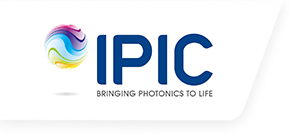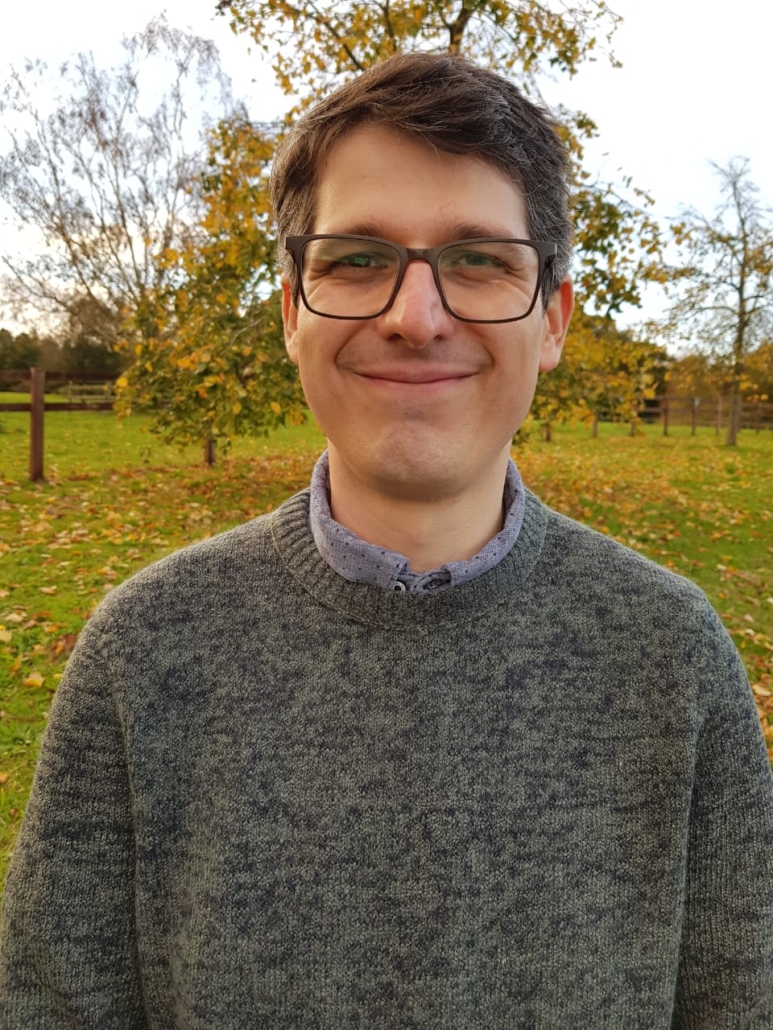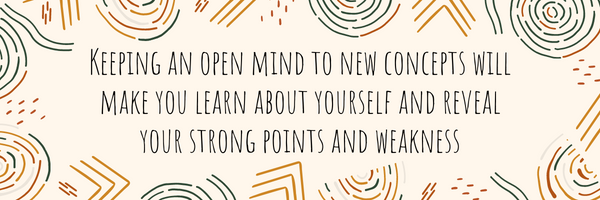Hi! My name is Rafael Gaspar, I am Marie Sklodowska curie post-doctoral Researcher at University College Cork under SPARKLE program. I came from a little town called Matao, in Brazil.
I started having interest in science in my elementary school. Back then I had a little experience in a biology lab using the microscope to see microbes in water, exploring tree leaves and its structures and some small animals. When I moved to high school, I had a very good chemistry teacher, and I liked very much the experiments we performed in the lab. Seeing the chemical transformations was like a dream, and understanding the reactions opened my mind to science. With this experience I knew I wanted to become a chemist since the first year of high school. So, I applied to a chemistry undergraduate course in a public university near my home in Brazil. But at that time, I didn’t have any intentions to pursue a scientific career. Little did I know this university had one of the oldest chemistry courses in the country, and they had a very strong research initiation program for undergraduate students.
After one year of my chemistry undergraduate course, an opportunity to engage in a scientific project was available. The project was focused to create and produce compounds that emits light using some special elements from the periodic table called lanthanides. I was astonished when I saw my first synthetic compound emitting red light when it was shined with UV radiation. Then, I knew I wanted to pursuit a scientific career.
After this experience, I continued to do research during my undergraduate course in Chemistry. In the end, I had a research initiation fellowship for almost 3 years and a half researching on lanthanide-based materials that emits a very distinct red light. After that, I started studying luminescence spectroscopy and lanthanide materials in a high level. After my graduation, I went to University of Campinas, that at the time was offering a strong program in luminescent materials chemistry. There, I began developing lanthanide oxide nanoparticles doped with europium with fine tuned size control. During this period, I wrote my first paper and published it. The change of university was a good experience, where I learned new concepts and new ways of thinking. Then I started my PhD in the same group working with optical sensors. At the beginning I wasn’t very interested in this field, but when I realized that I could apply my scientific background to a practical application my mind changed. So, I developed optical oxygen and temperature sensors using lanthanide materials in polymers. It was one of the first optical probes for oxygen using silicones with good sensitivity. Developing something applied and seeing the final application was a very rewarding experience. From that moment I knew then I wanted to pursuit this filed for my research career.
After my PhD, I moved as a post-doctoral researcher to another group now focused on optical sensors, where I learned a lot from practical aspects and how to integrate optical instrumentation and materials chemistry expertise into a sensor. In this group, I was awarded a fellowship to spend one year abroad as a visiting researcher in University College Cork working on oxygen optical sensors focused in biological and diagnostic applications. This experience in research mobility was fundamental to bring a new scope in my career, incorporate new ideas and learn biological and diagnostic techniques. Through this successful fellowship, I was able to meet the SPARKLE program and apply for it. Now I develop molecules and biological compounds that emits light for important diagnostic applications.
Along my research experience journey, collaboration with other fellow students by seminars and chats about the project were fundamental to overcome some of the scientific obstacles. Especially when I encountered some difficulties during my project, sharing my experience with my colleagues always resulted in insights on how to overcome them. For me, learning other concepts and skills weren’t straightforward, but because I choose fields that interested me, I always kept the motivation to persist and continue, and the reward after every challenge inspired me to pursue this career.
With its distinctive rotating bezel and luminescent markers, the best replica submariner remains a benchmark in luxury dive watches, combining precision and prestige.
My advice to those who are in doubt about their future career is this: always try to do what you like, but be mindful of things you don’t know you like yet. For this, you need to try new things, have new experiences, talk to other people so you can form your own strategy. Keeping an open mind to new concepts will make you learn about yourself and reveal your strong points and weakness. The more different things you do (it doesn’t need to be work related), the more you learn, and the learning process and what you learn will be recorded in your mind forever.
Sparkle has received funding from the European Union’s Horizon 2020 research and innovation programme under the Marie Sklodowska-Curie grant agreement No. 847652 and from Science Foundation Ireland.







